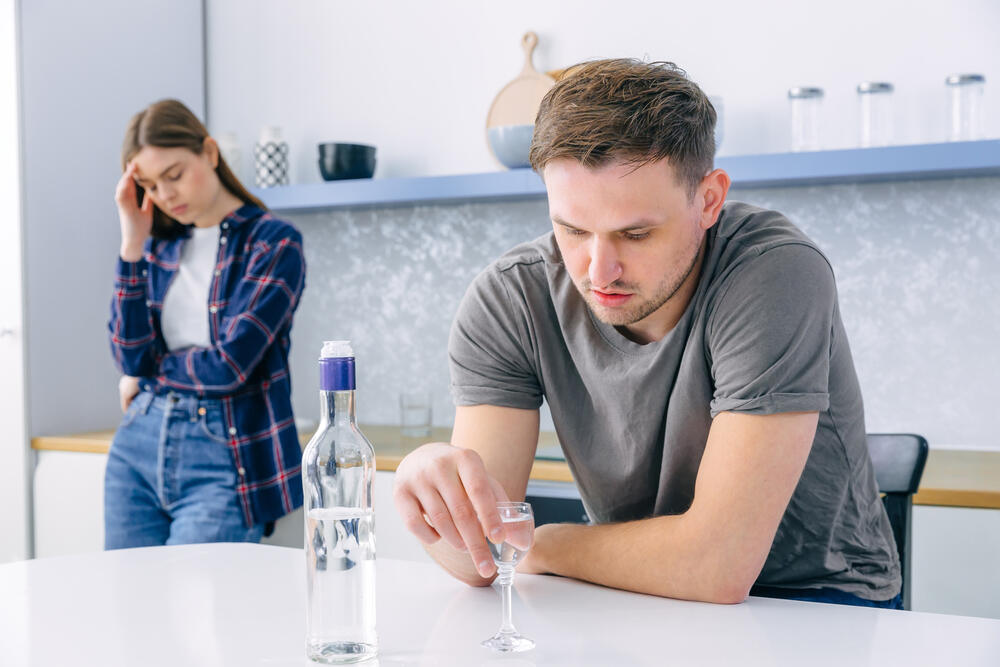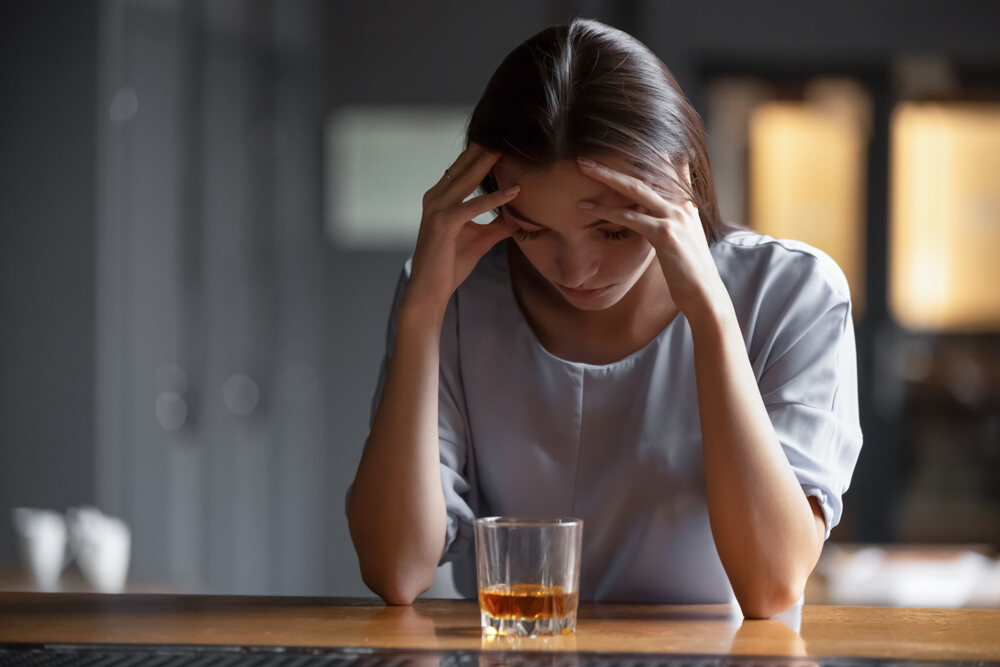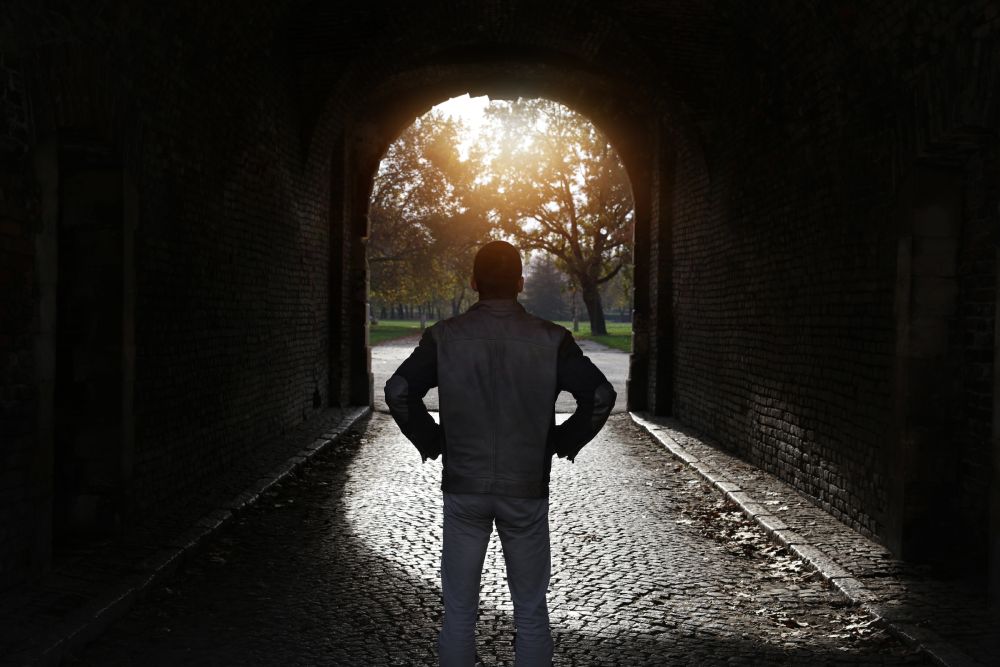Table of Contents
TL;DR:
- Alcohol abuse harms relationships by causing communication problems, breaking trust, and potentially leading to domestic violence.
- Alcohol fuels misunderstandings, arguments, and emotional distance, leading to communication breakdowns.
- Trust is eroded by alcohol as it leads to broken promises, financial strain, secrecy, and lies.
- Codependency and enabling behaviors can worsen alcohol abuse and harm both individuals in the relationship.
- Seeking help through therapy, support groups, and rehab programs is crucial for individuals and families to recover from the effects of alcohol abuse.
Relationship breakdowns happen for many reasons, and alcohol abuse is often a major factor. Research shows that about 7.3% of divorces cite drug or alcohol addiction as a key reason. Alcohol abuse can worsen existing issues and create new ones, leading to frustrations, conflicts, and strained trust over time.
Today, we’re going to explore how alcohol abuse affects relationships and contributes to challenges. From strained communication to concerns about personal safety, alcohol abuse can quietly erode the foundation of a partnership. By understanding these dynamics, we can start important conversations and explore paths toward healing and recovery.
Communication Breakdown
Healthy communication is the cornerstone of any strong relationship, but alcohol can quietly chip away at that foundation. When someone is under the influence, their judgment becomes clouded, emotions run high, and inhibitions drop. This mix often leads to:
- Misunderstandings: Alcohol can twist how things are perceived, turning harmless comments into insults or genuine concerns into criticism.
- Arguments and Conflict: With lowered inhibitions, minor disagreements can quickly blow up into serious arguments. Hurtful words said in the heat of the moment can leave lasting scars.
- Emotional Distance: Over time, constant alcohol-fueled conflicts can push people apart, leaving them feeling unheard, misunderstood, or simply worn out from the tension.
The impact of alcohol and relationships goes far beyond romantic partnerships. Communication breakdowns can strain connections with parents, children, siblings, and even close friends.
Over time, the trust and mutual respect that once defined these relationships can fade, leaving feelings of disappointment and disconnection.
Trust Erosion
Trust is the foundation of any strong relationship, built on honesty, reliability, and a sense of security. But alcohol abuse can slowly break this down, leading to broken promises, resentment, and doubt. Here’s how:
- Broken Promises: Alcohol often leads to unreliable behavior, like making commitments you can’t keep or missing plans. Over time, this can wear down trust and create instability.
- Financial Strain: Alcohol abuse can bring money problems, from reckless spending to job loss. It adds stress, especially if one person feels stuck handling the fallout.
- Secrecy and Lies: Hiding drinking habits, lying, or getting defensive erodes trust. Without honesty and openness, relationships can quickly suffer.
Ultimately, alcohol destroys relationships by breaking down trust and creating a sense of insecurity. Constant disappointment, worry, and feeling let down can lead to resentment and anger, damaging bonds with partners, family, and friends. The effects often leave a lasting impact on everyone involved.
Domestic Violence
Alcohol abuse can greatly increase the risk of physical, emotional, and sexual abuse in relationships. Research shows that alcohol is involved in about 55% of domestic abuse cases, highlighting a serious connection between drinking and violence.
Here’s how alcohol affects relationships in these difficult situations:
- Aggression: Alcohol clouds judgment, lowers impulse control, and heightens anger, often leading to aggression that might not happen otherwise.
- Escalating Existing Issues: While alcohol doesn’t always cause domestic violence, it can intensify issues like control, power struggles, or unresolved conflicts, making them worse.
- Cycle of Violence: Domestic abuse often follows a pattern of tension, violence, and apologies. Alcohol can make this cycle more frequent and severe.
Domestic violence is never okay, and alcohol is not an excuse. If you or someone you know is facing abuse, reach out for help. You can contact resources like the National Domestic Violence Hotline at 800-799-7233 for support.
Codependency and Enabling
When alcohol abuse becomes part of a relationship, it often brings along codependency and enabling. These patterns can create a destructive cycle, making it even tougher to tackle the root alcohol issue.
Codependency happens when someone becomes overly focused on another person, often putting their own needs aside to care for someone struggling with alcohol abuse. It can show up in a few ways:
- Constant Worrying: They may spend too much time stressing about the other person’s drinking, trying to control it, or fixing the problems it causes.
- Low Self-Esteem: Their self-worth often comes from taking care of others, making them feel responsible for the other person’s happiness—or their drinking.
- People-Pleasing: They tend to put others’ needs first, which can lead to resentment and losing sight of their own identity.
Enabling, on the other hand, is when someone’s actions make it easier for alcohol abuse to continue often without meaning to. It can look like:
- Making Excuses: Covering for the person’s drinking, downplaying their behavior, or hiding the consequences.
- Financial Support: Helping them out with money, even if it ends up supporting their drinking.
- Avoiding Confrontation: Out of fear of conflict or a desire to keep the peace, enablers may avoid addressing the alcohol problem directly, allowing it to continue unchecked.
Codependency and enabling can keep both people stuck, unable to focus on their own growth. Breaking free usually takes professional help and a commitment to setting healthy boundaries.
Seeking Help and Healing
The destructive impact of alcohol abuse on relationships is undeniable, but there’s always hope for healing and recovery. Taking that first step to address the issue might feel overwhelming, but it’s an important move for both the person struggling with alcohol and their loved ones.
Here are some ways to get help:
Individual Therapy
Individual therapy provides a safe and supportive space to explore the underlying causes of alcohol abuse, develop coping mechanisms, and address any co-occurring mental health conditions.
Couples Counseling
For those in romantic relationships, couples counseling can help partners communicate more effectively, rebuild trust, and establish healthy boundaries.
Support Groups
Organizations like Alcoholics Anonymous (AA) and Al-Anon offer invaluable support and guidance for individuals struggling with alcohol abuse and their families.
Rehab Programs
Inpatient (residential) programs and outpatient programs can provide focused treatment and support for overcoming severe alcohol addiction.
Reclaiming Your Relationships
Healing from the effects of alcohol abuse is a journey, not a destination. It takes commitment, patience, and a willingness to face tough emotions. But with the right support and resources, individuals and families can overcome alcohol’s impact and build healthier, more fulfilling relationships.
Whether it’s through therapy, support groups, or rehab programs, there are resources available to guide you on this journey.
If alcohol abuse is affecting your relationships, don’t wait to get help. Contact Infinite Recovery today to learn about our comprehensive treatment programs and take the first step toward a healthier, happier future.

















